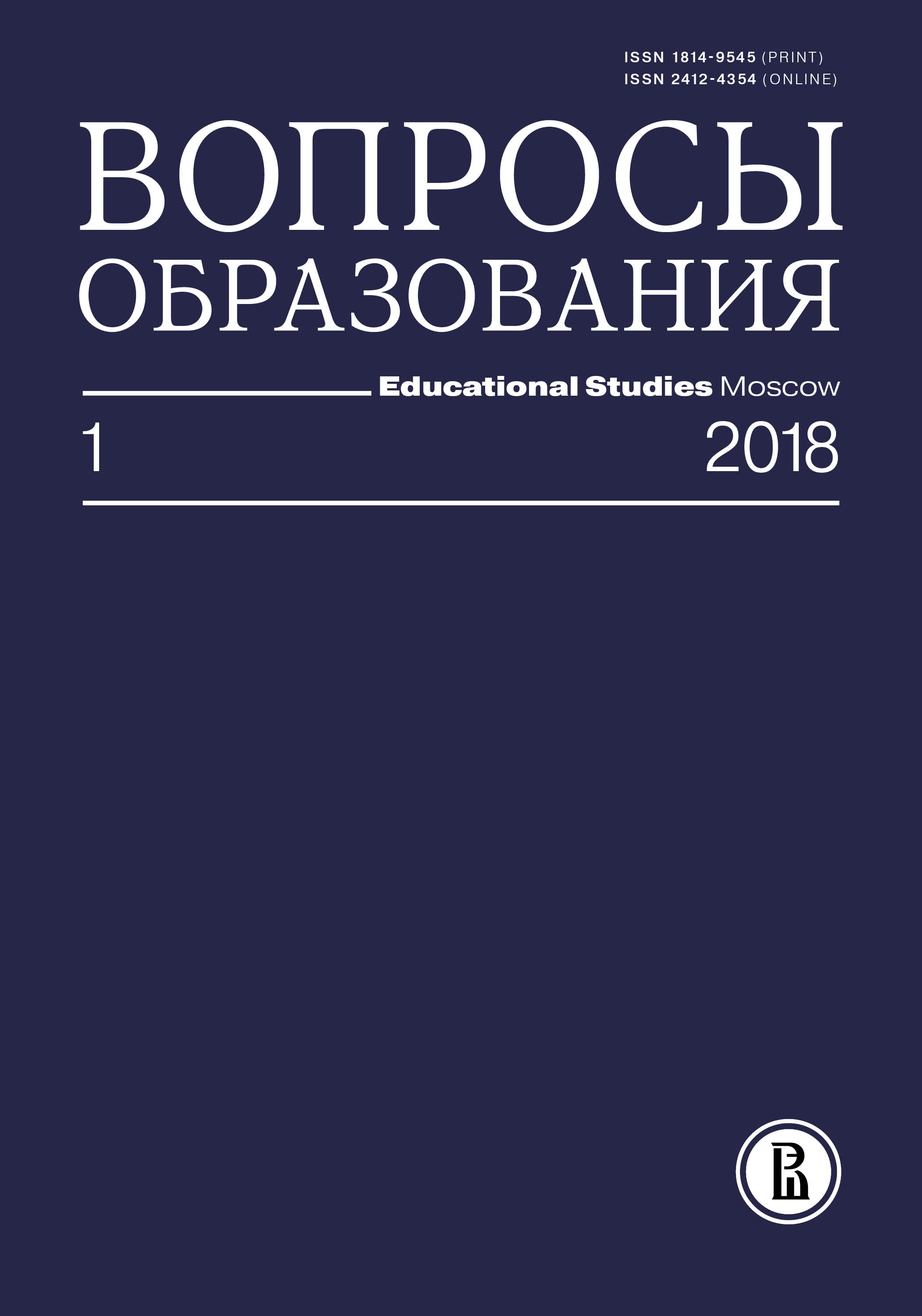University Mergers: The Implications for Students
Abstract
The “human factor”, i. e. the conflict and protest behavior of students and faculty, often becomes a key problem during and after university consolidations. This paper provides an insight into reorganization-related university transformations that are perceived as tangible and important by students, approaching the issue from the viewpoint of the radical organizational change theory. Four cases of Russian university mergers are investigated. Data btained from individual and group interviews with students who attended the universities during the reorganization is used to build clusters of “formal” and “informal” changes that the students tagged as the most important. It transpired that students cared most about changes in the perceived value of their graduate diplomas and their potential status as prospective graduates of a particular university. Meanwhile, the content of education programs and the objective university performance indicators were rarely mentioned by students when they were talking about the possible gains and losses that reorganization could bring about. Instead, they would often refer to changes in the educational process, formal and informal communication within the university, and the university culture and spirit. The findings reveal university characteristics which matter most to students in the case of university reorganization and which thus should be considered when planning and implementing university consolidations.









